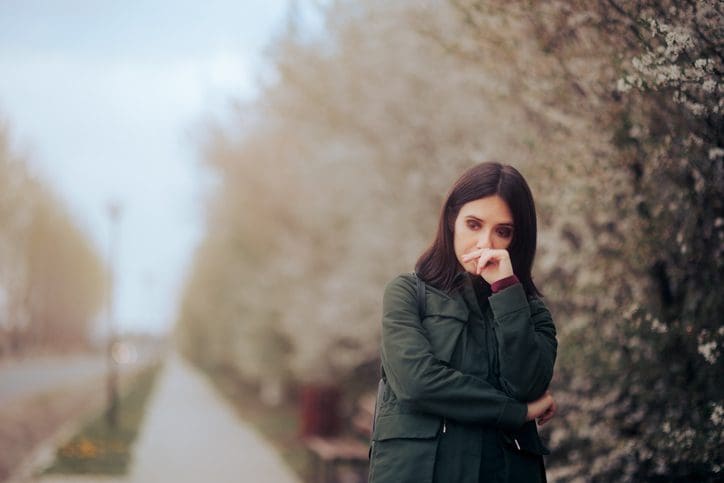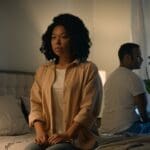As we get deeper into the fall season, the days getting shorter and colder, it’s natural to want to sleep a little longer, eat a little more, and slow down the pace of life. And many of us think of this time of year as an exciting build-up to a whole slew of holidays: Halloween, Thanksgiving, Christmas, and many others, depending on your particular belief system.
But for some, the onset of cold and dark days can trigger or exacerbate depression. If you’re feeling particularly listless, tired, or hopeless this season, you might want to get evaluated for seasonal affective disorder (SAD).
What is Seasonal Affective Disorder?
SAD is a type of depression that follows a seasonal pattern. While fall-onset SAD is more common, spring-onset SAD can affect people as well. Symptoms of both types are essentially the same as symptoms of depression:
- Changes in sleep patterns
- Loss of interest and pleasure in activities formerly enjoyed
- Irritability and anxiety
- Feelings of guilt, sadness, and hopelessness
- Fatigue, or low energy level
- Decreased sex drive
- Difficulty concentrating or thinking clearly
- Changes in appetite
Some differences between fall/winter and spring/summer SAD are in the areas of sleep and appetite. As you might expect, fall/winter SAD can lead to increased appetite and weight gain, along with a desire to sleep more; spring/summer SAD can decrease appetite and cause insomnia.
Who Gets Seasonal Affective Disorder?
SAD can affect anyone, and many people may not be aware that they have a disorder since it only affects them part of the year. Those who live in more northern states are at higher risk for SAD because of the shorter daylight hours. In addition, people with depression or bipolar disorder have a higher risk of SAD, and SAD can exacerbate manic symptoms of bipolar in spring and/or depression symptoms in winter.
According to the National Institute of Mental Health (NIMH), “people with SAD tend to have other mental disorders, such as attention-deficit/hyperactivity disorder, an eating disorder, an anxiety disorder, or panic disorder.”
What Causes Seasonal Affective Disorder?
While the exact cause of SAD is yet to be determined, researchers have proposed the following theories:
- A shift in the biological clock: less sunlight can affect your internal clock, which regulates mood, sleep, and hormones.
- Imbalance of brain chemicals: if your internal clock can’t regulate hormones as well due to lack of sunlight, this may lower your serotonin levels and lead to depression.
- Vitamin D deficiency: Sunlight helps produce vitamin D, which boosts serotonin levels. Less sunlight = less vitamin D = less serotonin = bad mood.
- Too much melatonin: lack of sunlight may cause some people to overproduce melatonin, which can create a feeling of sleepiness and sluggishness.
- Negative thoughts: Don’t like winter? Spend a lot of time talking and thinking about how much you don’t like winter? Rumination like this may trigger SAD.
How is SAD Diagnosed and Treated?
To be diagnosed with SAD, your doctor or therapist will evaluate the following:
- Whether you have symptoms of major depression.
- Whether your depressive episodes occur during specific seasons for at least two consecutive years.
- Whether your depressive episodes happen more frequently during a specific season than during the rest of the year.
Treatment for SAD is similar to treatment for depression. You may be prescribed antidepressants and encouraged to participate in cognitive behavioral therapy. In addition, your treatment team may recommend the following:
- A vitamin D supplement to help regulate serotonin
- Light therapy – you can buy a certain kind of lamp that mimics outdoor light; sitting near this lamp for a few hours each morning can help alleviate symptoms of SAD
- More time outdoors – this may sound like the last thing you want to do when it’s cold outside, but getting outdoors will expose you to sunlight and also offer the benefits of exercise and nature
Help for SAD–and More–at Raleigh Oaks
If you have depression or another mental health disorder, you may be more likely to experience SAD. Talk with your treatment team about what you can do to help alleviate your symptoms this fall and winter. If you are struggling to stay happy and healthy, reach out to our team in Garner, NC. We can provide diagnosis and compassionate, individualized treatment on an inpatient or outpatient basis.





